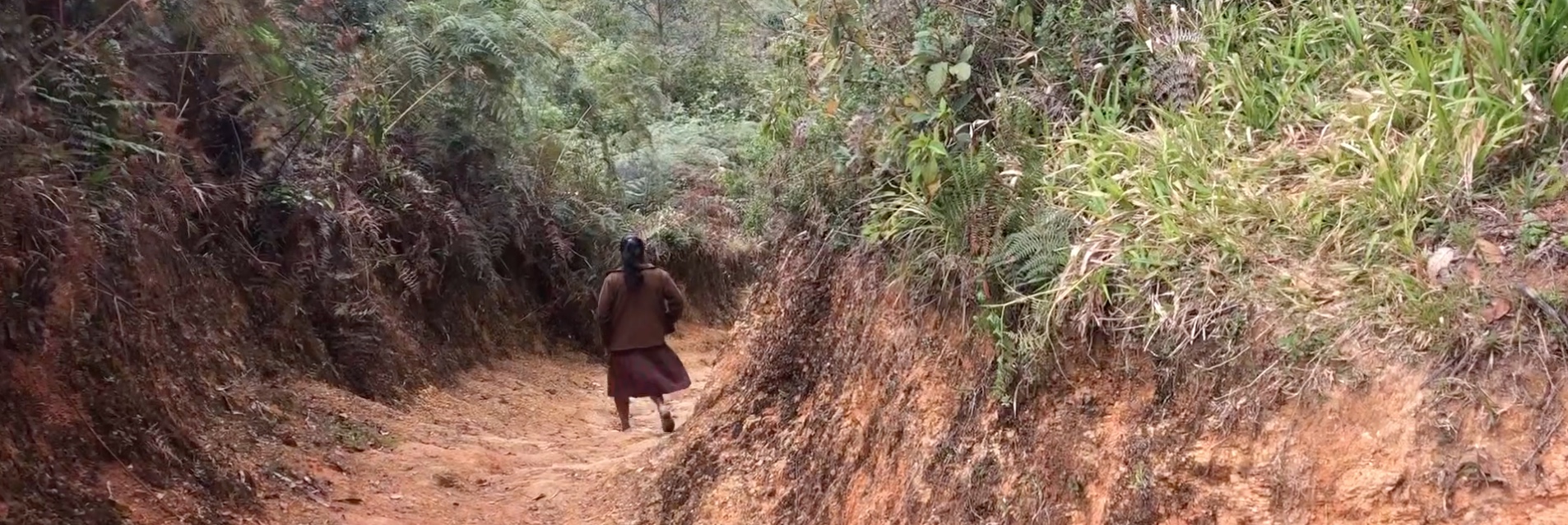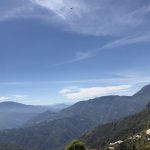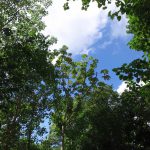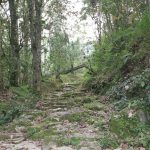These are some of the results obtained so far
Training
How we started the project by introducing Information digital technologies for the study of biological and cultural diversity in the Sierra Madre Oriental, Huautla de Jiménez, Oaxaca, Mexico.
Introduction to the use of Apple (4k)
Introduction to the use of Apple (medium)
Introduction to the use of Apple (small)
Welcome message to the project.
Made collectively as a first approach to the writing process of a script and the use of material obtained during fieldwork. On this occasion, the script was based on a poem (La Casa) originally written by Evaristo Isauro in Mazatec language, adapted to the materials obtained during fieldwork.
As part of the exercise an emphasis was made on the effect of music on the production of audiovisual material, and the music galleries available on Apple’s programs were used.
The sound of birds was recorded by Evaristo Isauro in the mountain while he was filming with the iPhone 8. The images were taken by Evaristo Isauro. The translation from Mazatec to Spanish was made conjointly by the group and the Spanish-English translation was made by Jumko Ogata.
The House (Mazatec with English subtitles)
The House (4K)
The House (medium)
The House (small)
Mazatec version with Spanish subtitles
La Casa (4K)
La Casa (mediano)
La Casa (chico)
Image gallery
This gallery contains the images captured with an iPhone 8 by Evaristo Isauro in the mountains of the Sierra Madre Oriental, on his daily commute to the community Plan de Escoba, where he teaches.
Biocultural diversity I (4K)
Biocultural diversity I (Medium)
Biocultural diversity I (Small)
Documentary: Maestros de Huautla (Huautla’s teachers. Daily trip to the mountains)

The effort that hundreds of rural teachers make in order to make education available to boys and girls in the most remote areas in the Sierra Madre Oriental. Made by Nisao, Jumko Ogata and Evaristo Isauro Nava Martínez.
Spanish
Maestros de Huautla (4K)
Maestros de Huautla (mediano)
Maestros de Huautla (chico)
A conversation with Eckart Boege
Eckart Boete is an emeritus profesor of the National Institute of Anthropology and History (INAH). He is dedicated to the study of Mazatec culture, and through his work during the 80’s he made a difference in the way to approach social anthropology. Los Mazatecos ante la nación (Boege, 1988) is an important text due to its distinctly different manner to approach ethnographic studies in Mexico, where many aspects of culture intersect, such as: religion, economy, rituals, material culture, food, languages, narrative, embroidery, that all allow the proposal of new concepts of ethnic group, of indigenous people in a colonial/neocolonial historic context, where expulsion, the stripping away of land and the expansion of a series of environmental problems (as a result of the building of enormous dams, introduction of extensive cattle raising, sugar and coffee cultivation) the predominance of cacique style domination and the invasion of thousands of foreigners searching for a form of supernatural communication through the use of hallucinogenic fungi, have transformed the region into a challenge for modern anthropology.
Due to the important of his studies in the Mazatec regions, we asked Dr. Boege to grant us a open conversation, so that he could share his ideas about indigenous groups, bicultural diversity, territory and his vision of indigenous groups in the light of the twenty-first century.
Spanish
Conversación con Eckart Boege (4K)
Conversación con Eckart Boege (mediano)
Conversación con Eckart Boege (chico)
 Caminando…
Caminando…
The experience and reflections of teaching in indigenous communities within the Sierra Madre Oriental, Oaxaca, México.
Introduction

Study Area
The Project





